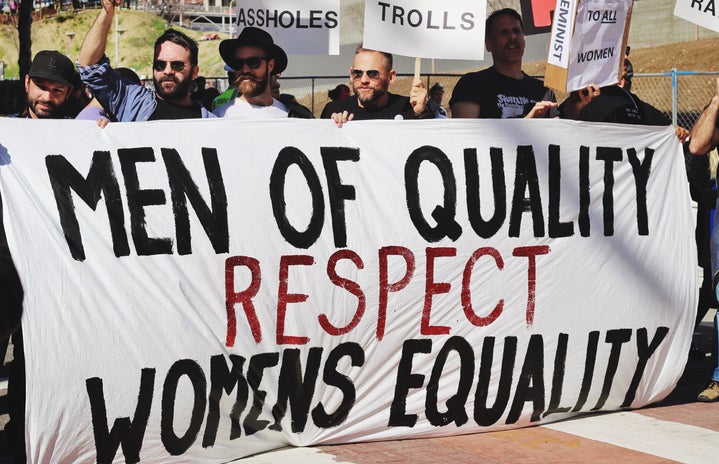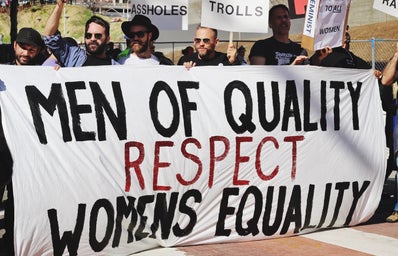Since I identify as an intersectional feminist, I was ecstatic to immerse myself in this classic titled, ‘We Should All Be Feminists’ by Chimamanda Ngozi Adichie. Feminism holds different definitions in every human mind and the attitude towards it is relatively negative in underdeveloped nations. Chimamanda points out the non-inclusive elements of white feminism, which are far more unknown to the hassles of women across the globe.
Women and men vary in physical abilities, but hormones are no attributes for intelligence, creativity, and compassion. How feminists are seen as rebellious creatures with failed marriages clearly depicts the myopic vision of the educated. Feminists are not always angry, but I feel angry women change the world. And we all should be angry. Anger leads to revolution. Men are told to be hard, tough, and non-expressive. We tell them that the basic human emotions are not for a particular gender, raising men with fragile egos.
Beautifully, Chimamanda affirms every woman to no longer be apologetic for her femininity and to embrace her femaleness. One of the mandatory paragraphs elucidates why the word ‘feminist’ is chosen rather than humanist. The simple explanation for it is to validate the struggle of one particular gender and provide them with their due rights which the opposite gender enjoys. It is important not to ignore patriarchy and male chauvinism in little things which might hold no value for the opposite gender but deeply impact the other in the most unknown way.
To encapsulate, let’s raise our sons and daughters differently and teach them how the world can be a kinder place. Dive into this informative and feminist essay to emerge as an ‘Intersectional Feminist.’


